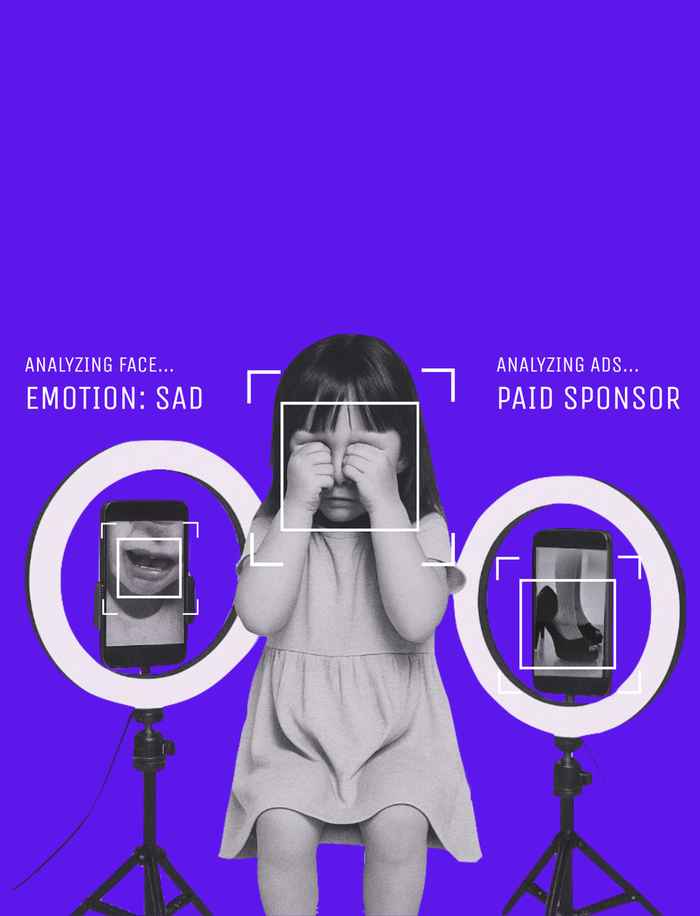New DSC/IAS joint fellows appointed to explore how AI-driven analysis influences vulnerabilities of data subjects
16 April 2025

Childfluencers
This project aims to create a dynamic and adaptable protocol for data science research by examining how AI tools not only expose but also co-construct vulnerability. This is empirically investigated through a case study of “childfluencers” in European family vlogs Martinez Pandiani and Helm will examine how AI can be used to detect patterns of overexposure and potential exploitation, alongside a critical examination of the ethical tensions inherent in deploying technologies such as facial recognition and content analysis for protective purposes.

By combining computational methods with ethical and cultural analysis, the work will contribute to ongoing debates around digital vulnerabilities, algorithmic accountability, and digital rights, setting new standards for responsible AI research.
Empirical Ethics
The fellowship is part of the fourth DSC/IAS Joint Fellowship Call on Empirical Ethics and Data Science Methods and is aligned with the IAS research theme Empirical Ethics. The fellowship programme supports interdisciplinary research that connects data science with ethical inquiry, helping to address complex societal challenges through nuanced, evidence-based approaches.

Kick off event
Delfina Martinez Pandiani and Paula Helm will kick off their fellowship with a public event on 21 May. During their kick-off event, they will explore how AI tools not only detect but shape vulnerability in digital spaces, using childfluencers in family vlogs as a case study.